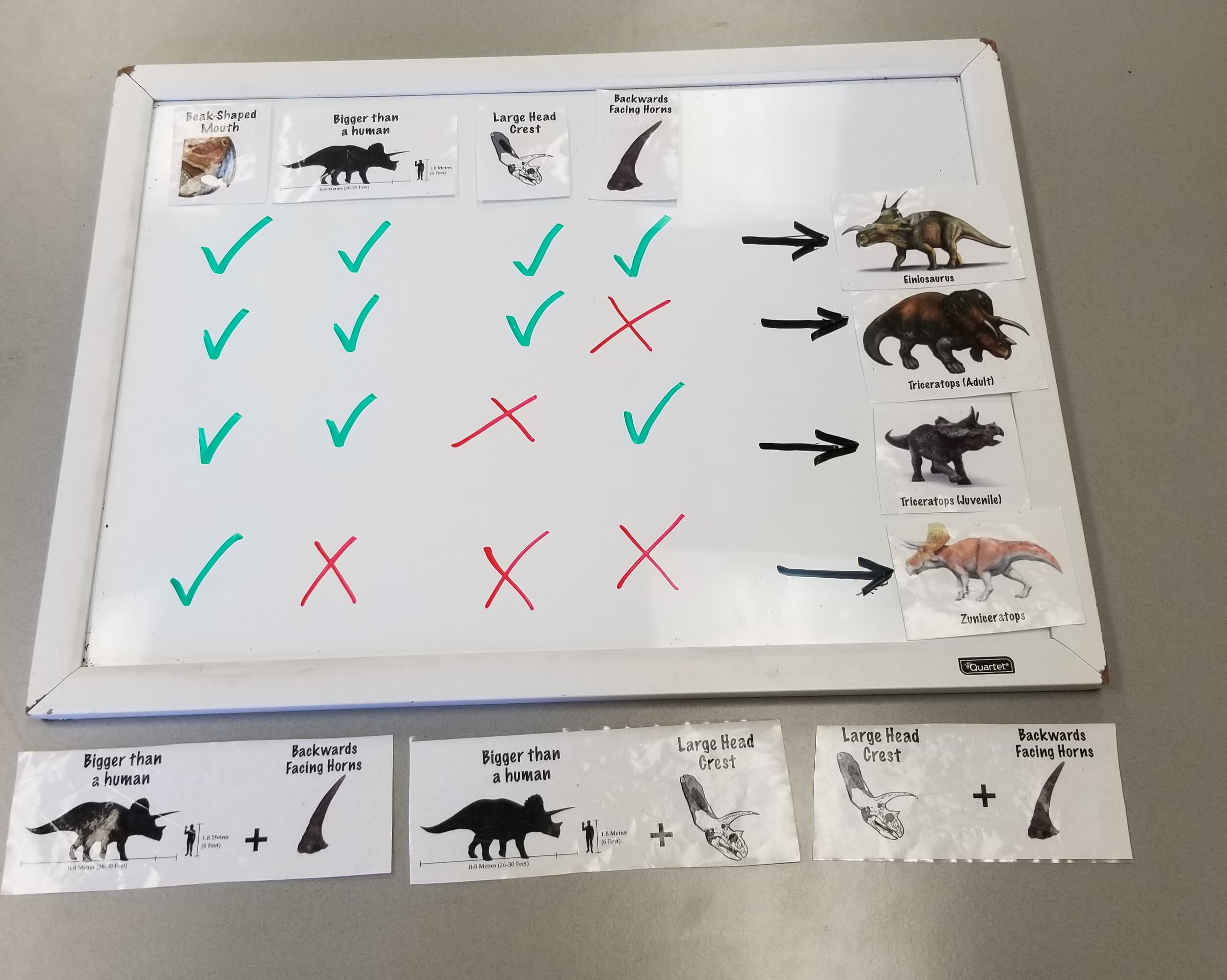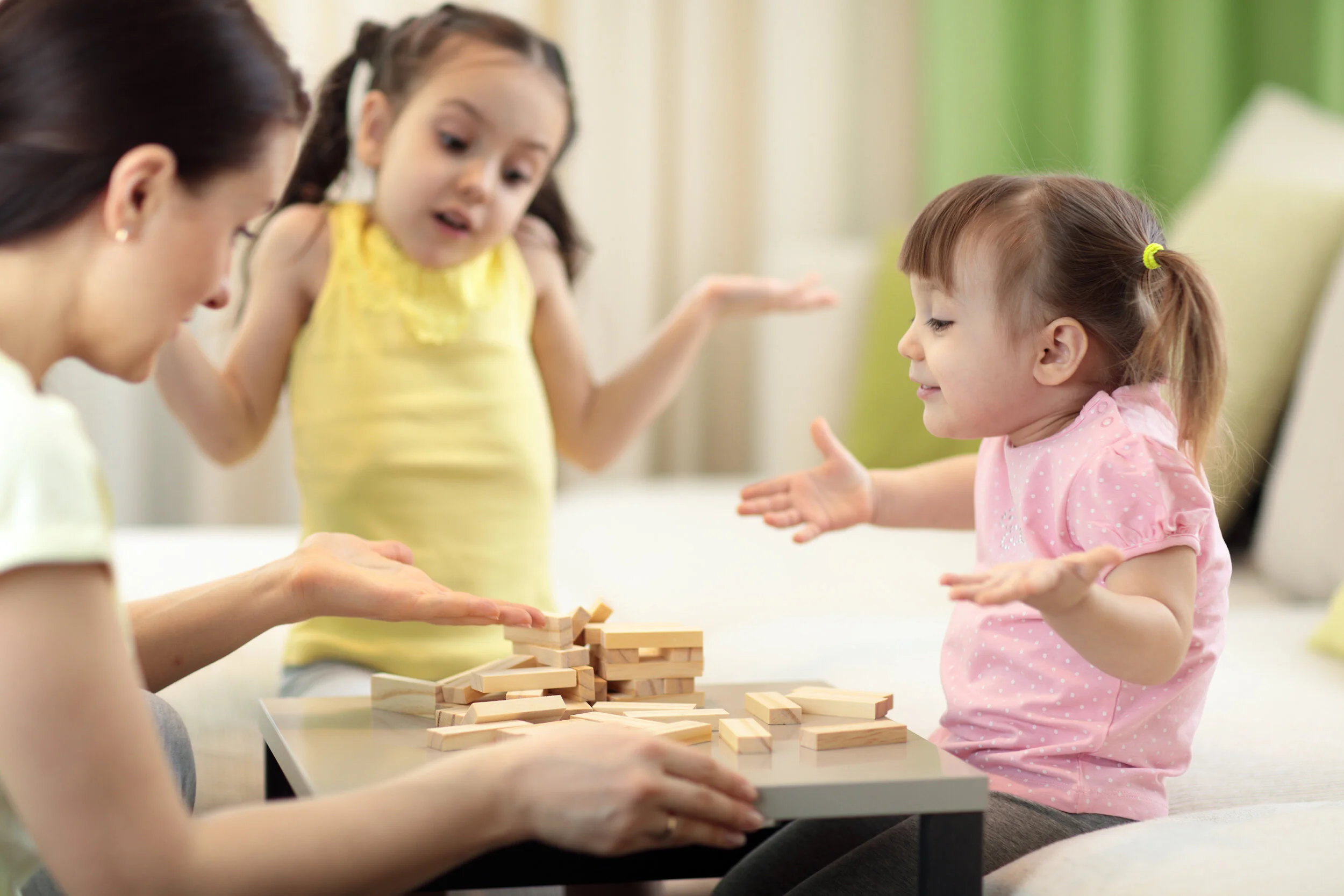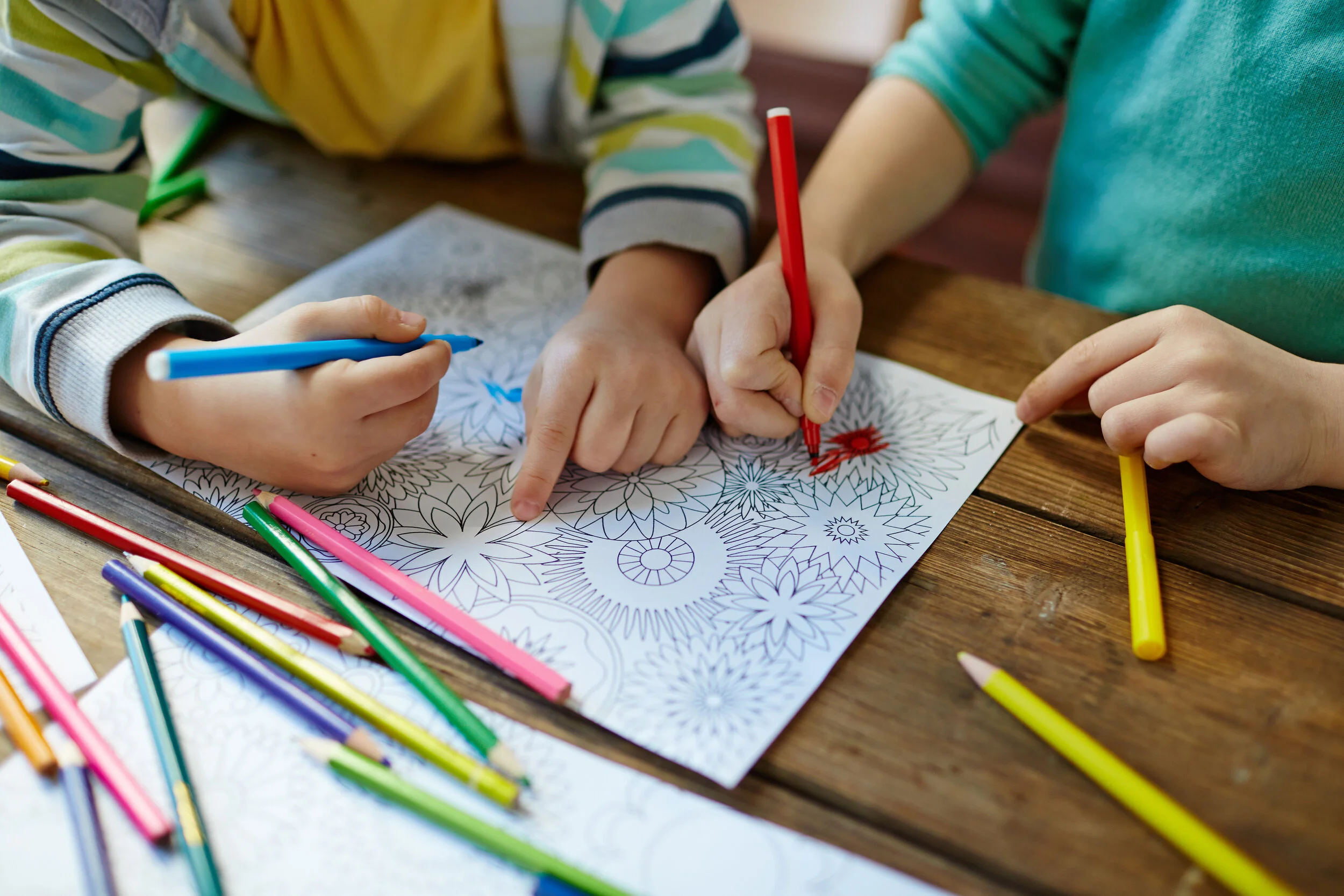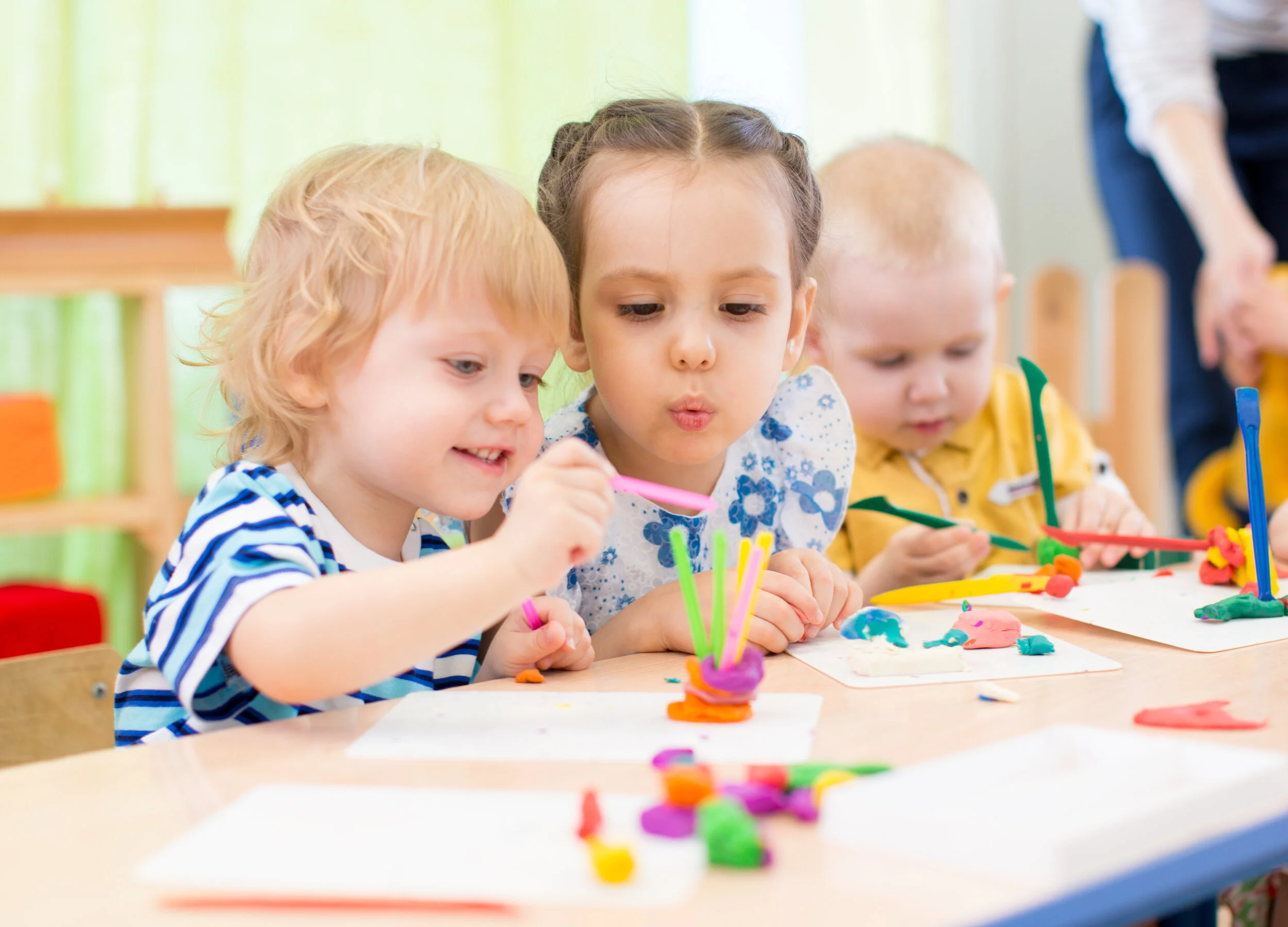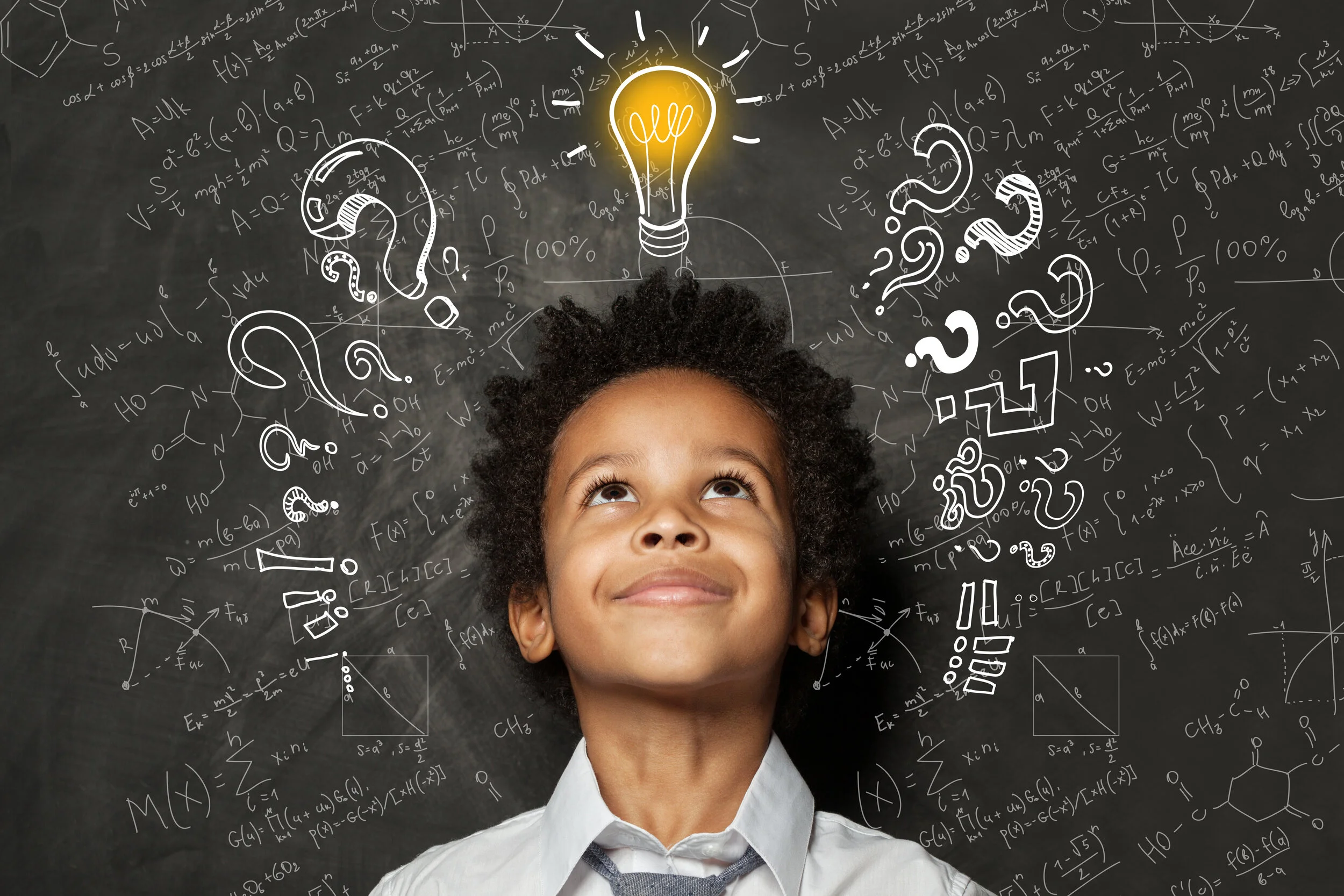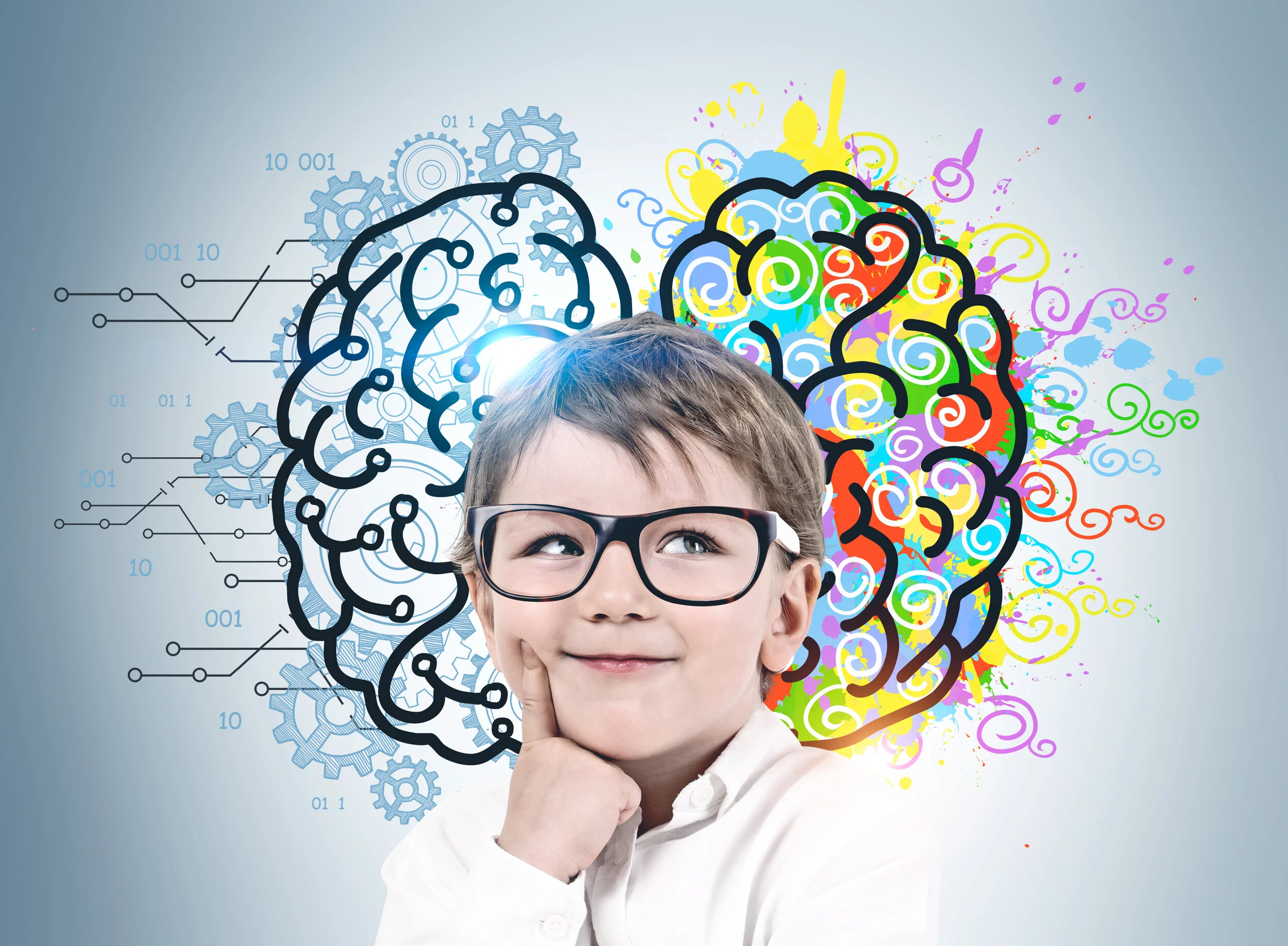Caregiver Corner
STEMSpark isn’t just for kids! Part of our core mission is to increase scientific literacy across the lifespan. From grandparents to babysitters, STEMSpark is designed to be caregiver-friendly, providing the support needed to ignite curiosity and inspire excitement at all ages! With our Study Spotlight, and other caregiver resources, we aim to:
Empower intergenerational education, targeting not only children’s understanding of science, but also caregiver scientific literacy that is key to long lasting academic success
Educate parents on best practices for supporting the intellectual development of their children by synthesizing current research in early childhood learning, informal education, and developmental psychology
Provide parents with the tools and resources to provide the necessary scaffolding for each science experience, promoting and amplifying long-term science learning.
Featured Study Spotlight
A new instructional technique can boost learning and is critical for socioemotional development. Do you know what it is or how to use it?
A recent paper published in the Journal of Applied School Psychology is one of the first to find evidence that coloring can be an effective classroom tool for anxious children. Here’s the latest
Researchers believe that play-based learning is critical to developing the fundamentals of lifelong learning. Play has been demonstrated to promote long-term learning (Zosh et al., 2017), increase connectivity in the brain, and fosters higher engagement with STEM in high school and college (LEGO Group, 2017). Experts in the science of play suggest these are the mechanisms that make play-based learning so effective.
In recent years, many early childhood educators have embraced the learning-through-play approach. This hands-on method of instruction is has been shown to increase children’s understanding and enjoyment of learning, however, a recent paper has demonstrated that hands-on activities are still not as effective as inquiry-based activities.
Social competencies are a critical component of early childhood education. Recent research has demonstrated that these core social competencies are predictive of classroom success and academic performance. To explore the potential benefits of mindfulness on learning, pro-social behavior, and self-regulation, developmental scientists from the Center for Investigating Healthy Minds implemented a 12-week mindfulness program in 6 pre-K classrooms in Madison, Wisconsin. Here are the results
Researchers at San Jose State University are investigating the link between natural curiosity and problem-solving abilities in preschoolers.
Developmental scientists have known for several decades that the kitchen provides a perfect laboratory for young learners. This article enumerates the skills children have the opportunity to learn while cooking, including gross and fine motor, executive function, and science skills!
Gratitude is an important prosocial emotion. In addition to facilitating and strengthening interpersonal bonds, gratitude has also been known to increase happiness, life satisfaction, and overall well-being. This paper investigates whether gratitude actually translates into pro-social behaviors.
Inquiry-based learning has been known to bolster learning in science for several decades, however, scant research has examined the effect of inquiry-based learning on children’s and teacher’s enjoyment of and motivation to do science. This paper explores the effects of inquiry-based engineering activities on science engagement, excitement, and comprehension.
Trending Study Spotlights
Experimentation is the process of systematically investigating a topic. Developmental scientists have found that novel science skills begin to develop as early as 4 years old (Sobel, Yoachim, Gopnik, Meltzoff & Blumenthal, 2007). You can support the development of experimentation skills in your child to experiment with these easy tips!
Creativity and flexible thinking is a critical scientific tool. In a 2018 paper in the International Society of the Learning Sciences, the ability to think outside the box is linked to the ability to problem-solve effectively, construct new hypotheses, and explore real-world phenomena.


